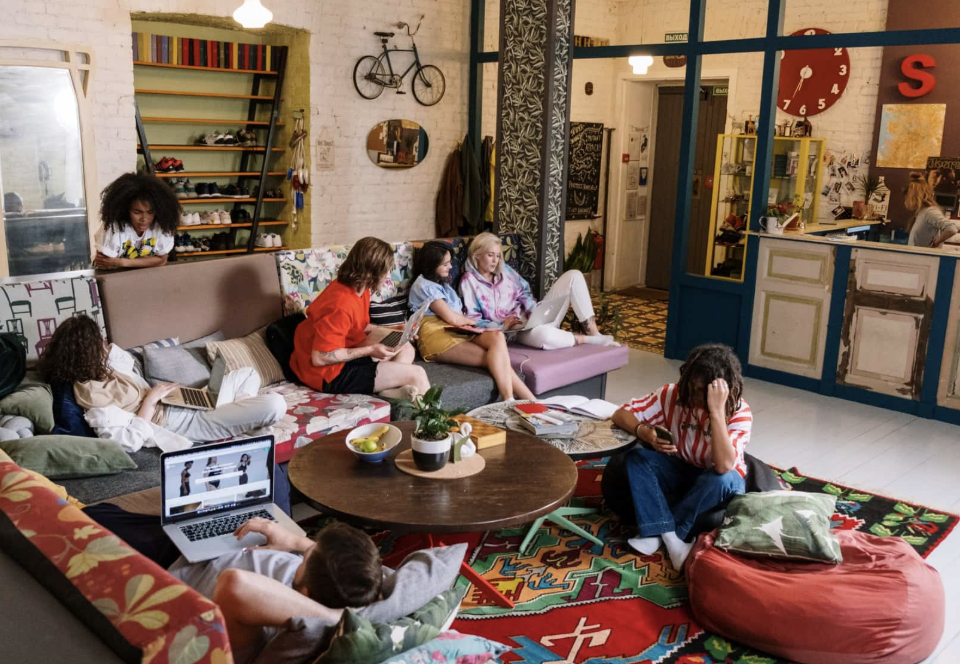Navigating Sober Living Zoning Laws in California (Without Losing Your Mind)
Navigating Sober Living Zoning Laws in California (Without Losing Your Mind)
If you're an operator planning to open or expand a sober living home in California, you've probably already bumped into one of the most confusing parts of the process: zoning laws. Between municipal codes, NIMBY attitudes, and unclear enforcement, it's easy to feel like you're stepping through a legal minefield.
At Clean Slate Homes, we specialize in building turnkey sober living properties that are 100% legal and compliant with state and federal housing protections. Here's a simple breakdown to help operators like you understand the key issues.
What is a Sober Living Home Under the Law?
Sober living homes (also called "recovery residences") typically fall under the classification of single-family residenceswhen they serve six or fewer unrelated adults. Under California state law and the federal Fair Housing Act, these homes are protected from discriminatory zoning policies. That means cities can’t treat them differently from any other house in the neighborhood.
However, in practice, many cities attempt to regulate or restrict these homes using outdated or misapplied zoning codes. That’s where things get tricky.
The 6-Resident Rule (And Why It Matters)
Under California Health and Safety Code § 11834.23, operators don’t need a special permit or license for sober living homes housing six or fewer residents. These are legally considered the same as any single-family home and must be treated accordingly by cities and counties.
But go beyond six residents and suddenly you're in a gray area that may require:
Conditional use permits (CUP)
Business licenses
Neighborhood hearings
Or worse, zoning reclassification
At Clean Slate, we design around this issue by ensuring the layout and ADUs support optimal occupancy without crossing regulatory thresholds.
ADA, Fair Housing, and Legal Protections
People recovering from substance use disorders are protected under the Americans with Disabilities Act (ADA) and the Fair Housing Amendments Act (FHAA). This means local governments cannot place unjustified restrictions on group living arrangements just because residents are in recovery.
Despite this, some cities try to block or delay sober homes using:
Parking requirements
Distance spacing rules
Fire or safety objections
Many of these are not legally enforceable, and courts have sided with operators when challenged. But who wants a legal battle?
How Clean Slate Homes Makes This Easy
We take zoning headaches off your plate by:
Building new-construction homes in zoning-approved areas
Including ADUs and JDUs to maximize occupancy legally
Consulting with land-use attorneys during development
Designing for code compliance, comfort, and durability
Our goal is to help you focus on your mission, not permits, appeals, or angry neighborhood meetings.
Final Thoughts: Don’t Let Zoning Kill Your Momentum
Zoning doesn’t have to stop your progress. With the right partner, you can lease a fully approved sober living home and start operations immediately — no construction delays, no permitting nightmares, no community pushback.
Clean Slate Homes builds legal, move-in ready properties designed specifically for operators. If you're ready to grow your recovery business without the legal drama, we’re here to help.
Contact us today to see what’s available.



